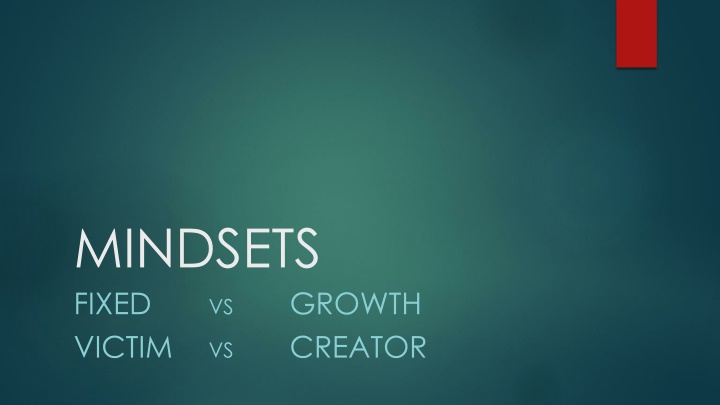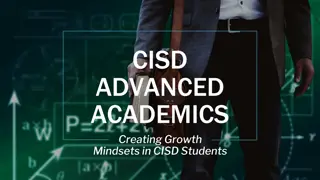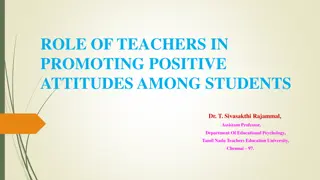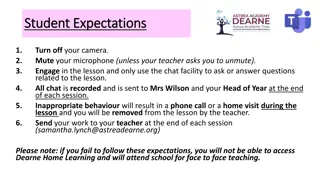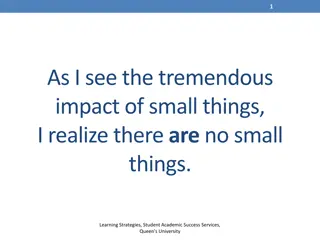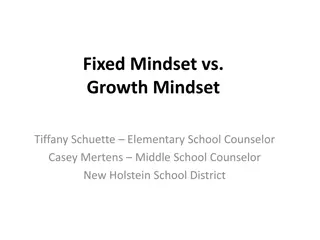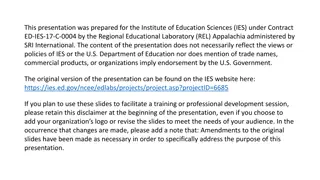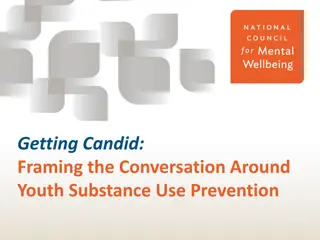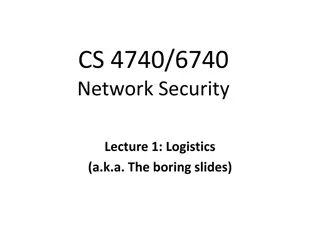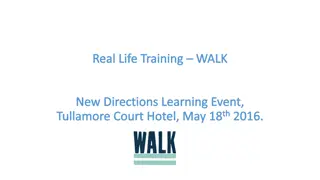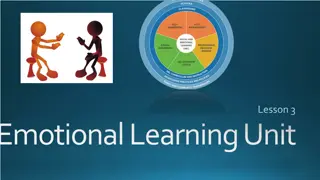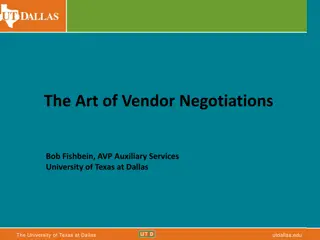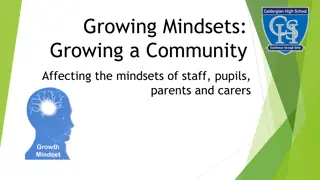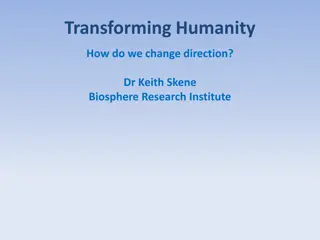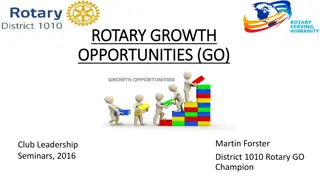MINDSETS
How different mindsets - fixed, growth, victim, and creator - shape students' beliefs and behaviors, impacting their academic and personal success. Discover the characteristics of each mindset and learn how they influence learning, problem-solving, and overall outlook on life.
Download Presentation

Please find below an Image/Link to download the presentation.
The content on the website is provided AS IS for your information and personal use only. It may not be sold, licensed, or shared on other websites without obtaining consent from the author.If you encounter any issues during the download, it is possible that the publisher has removed the file from their server.
You are allowed to download the files provided on this website for personal or commercial use, subject to the condition that they are used lawfully. All files are the property of their respective owners.
The content on the website is provided AS IS for your information and personal use only. It may not be sold, licensed, or shared on other websites without obtaining consent from the author.
E N D
Presentation Transcript
MINDSETS FIXED VICTIM GROWTH CREATOR VS VS
Fixed Mindset Fixed Mindset: Belief is that intelligence is fixed, and that it can t change or grow How do students have a FIXED mindset? This belief leads to a desire to look smart and therefore the tendency is for you to: Avoid challenges Give up easily when faced with an obstacle View effort as fruitless or worse Ignore useful, negative feedback Feel threatened by the success of others Fixed vs Growth Mindset Students with a Fixed Mindset typically plateau early and achieve less than their full potential
Growth Mindset Growth Mindset: Belief is that intelligence can be developed. How do students have a GROWTH mindset? This belief leads to a desire to learn and therefore to a tendency to: Embrace challenges Persist in the face of obstacles and setbacks See effort as a path to mastery Learn from feedback Find lessons and inspiration in the success of others Fixed vs Growth Mindset Students with a Growth Mindset typically reach even higher
Victim Mindset Victim Mindset: Belief is that life happens to you and you have no choices How do students have a VICTIM mindset? This belief leads to thinking you cannot have the life you want and leads you to Blame others Complain about your life View effort as fruitless or worse Make excuses for yourself Repeat behaviors that reinforce feeling like a victim Victim vs Creator Mindset Students with a Victim Mindset refuse to see and act on choices that would help them achieve the life they want.
Creator Mindset Creator Mindset: Belief is that you have multiple options to create the life you want How do students have a CREATOR mindset? This belief includes accepting personal responsibility leading to Seeking solutions Taking action Trying something new Seeing failure as part of success Developing grit and resilience Victim vs Creator Mindset Students with a Creator Mindset accept responsibility for their choices and take action to create the life they want.
Lets be honest. . . No one makes Creator mindset choices all the time. Our inner lives feature a perpetual tug of war between the Creator part of us and the Victim part of us. But, if you believe that someone or something out there, outside yourself, causes all your problems, then it s up to them to change. Can you afford to give your life over to someone or something else? Downing, OnCourse, Cengage, 2017
Is it outrageous to believe that you create everything in your life? Of course it is. But, here s a better question: Would it improve your life to act as if you create all of the outcomes and experiences in your life? YES! Downing, OnCourse, Cengage, 2017
The more choices we make as Creators, the more we improve the quality of our lives. Choose more often as a Creator. It won t be easy, but it is worth it. (Downing, OnCourse, Cengage, 2017)
If you want to succeed in college and in life, having a Creator mindset gives you a big edge. (Downing, OnCourse, Cengage, 2017)
GROWTH/CREATOR Mindsets Generate Active Learning and Studying Practices Increases your awareness of yourself as a learner, not as a performer Are often framed around simple questions Why? How? What if? Have a reflective component you actually think about what you are thinking and studying Recognizes psychological factors such as your motivation and desire to learn, how you feel (your emotional state), physical and mental energy levels, and. . .self-efficacy--whether or not you believe you can achieve what you want to
